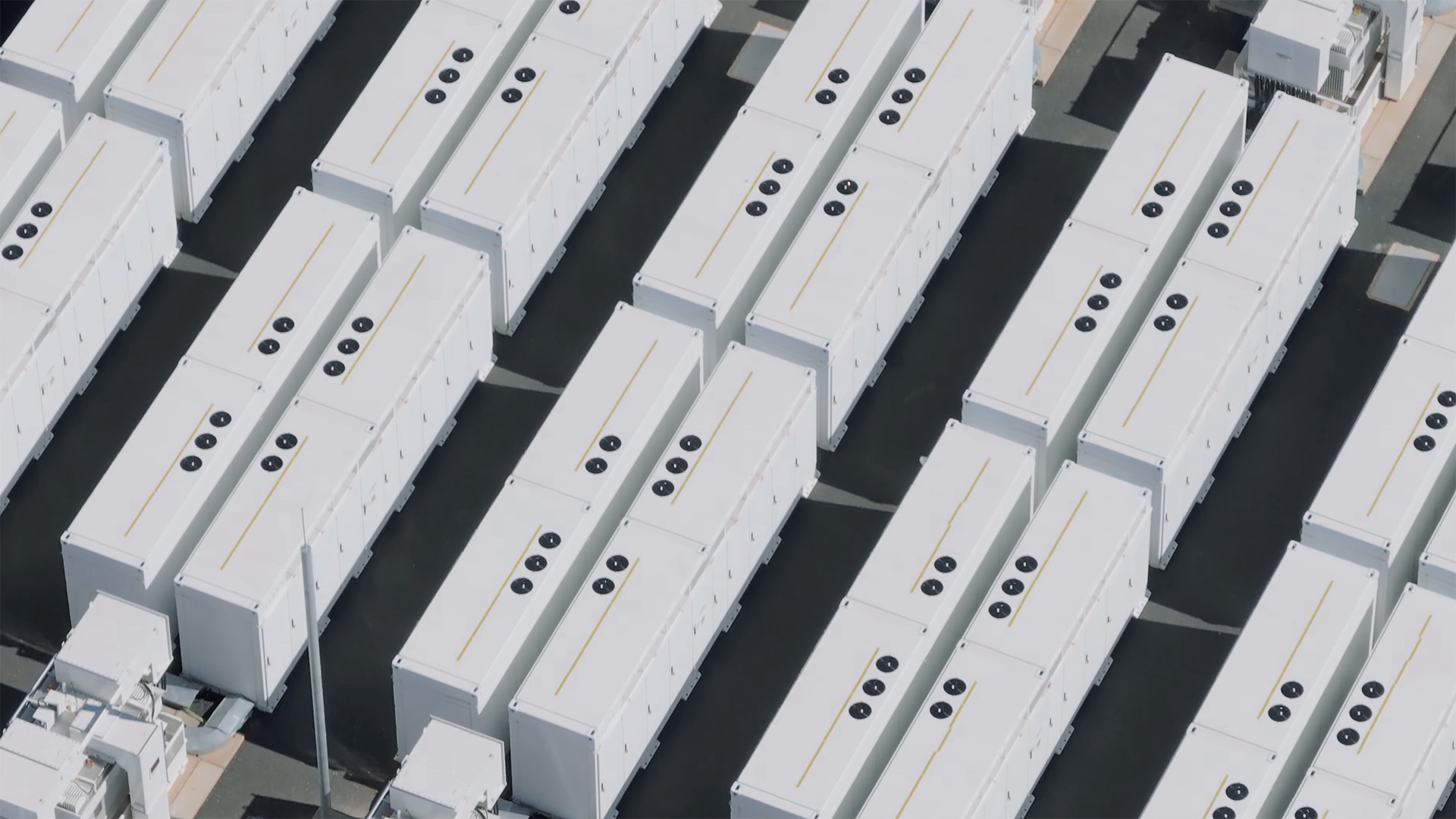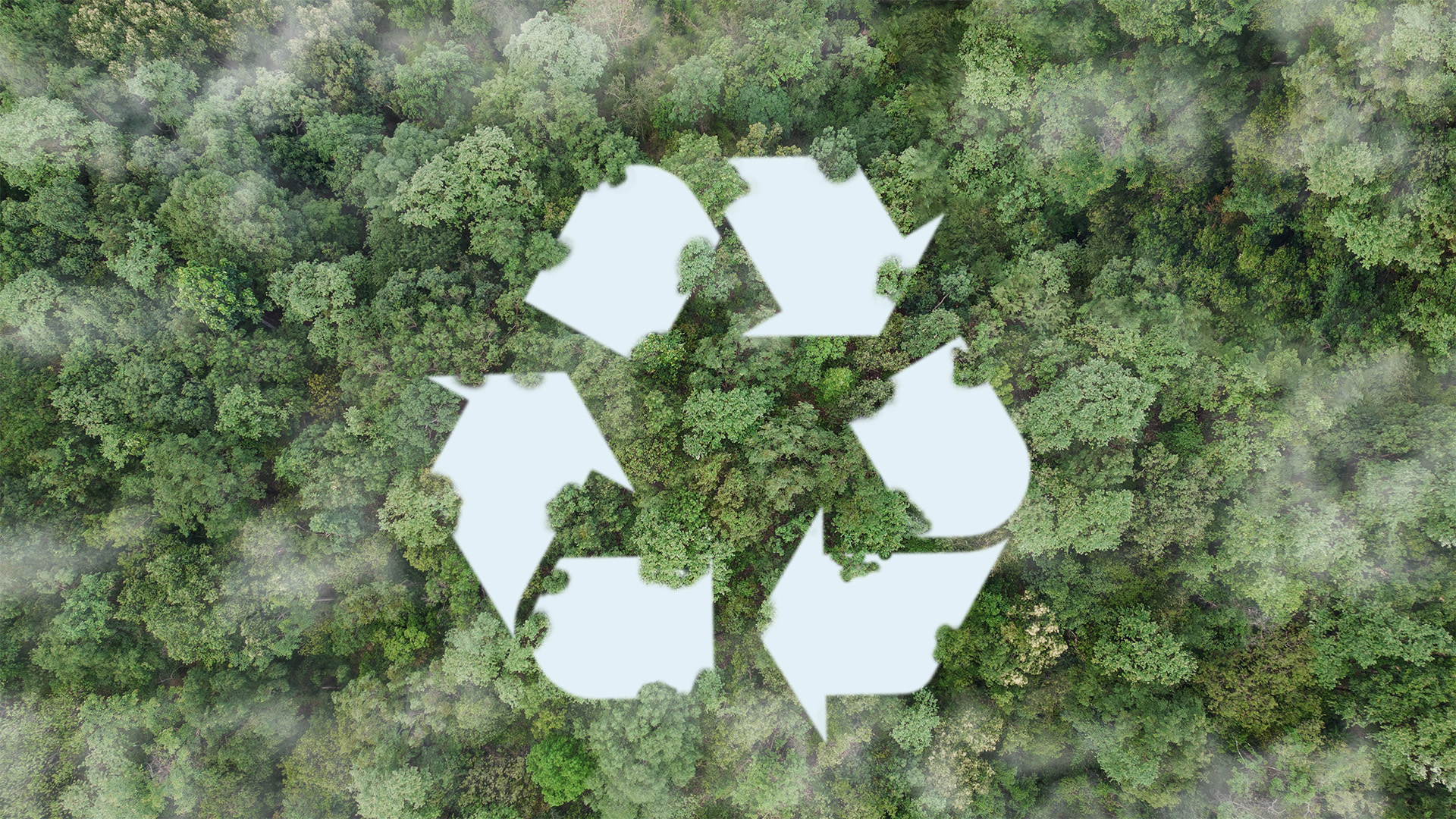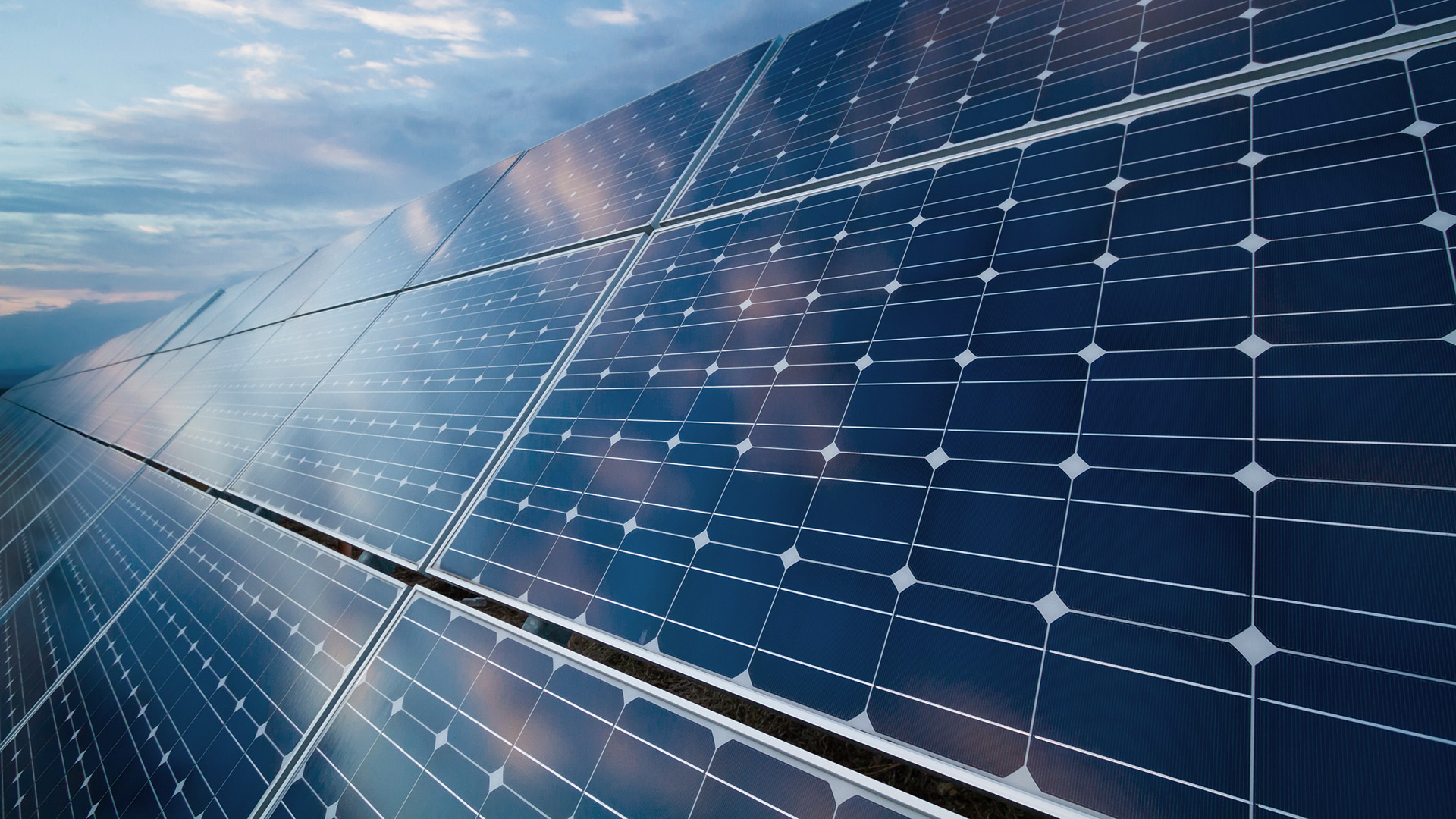Green hydrogen is planned to replace fossil fuels, particularly in industries that are difficult to electrify. In Finland, hydrogen projects of approximately EUR 11.7 billion are being planned.
Permitting hydrogen projects in a changing operating environment – what should be taken into account when establishing a production plant?
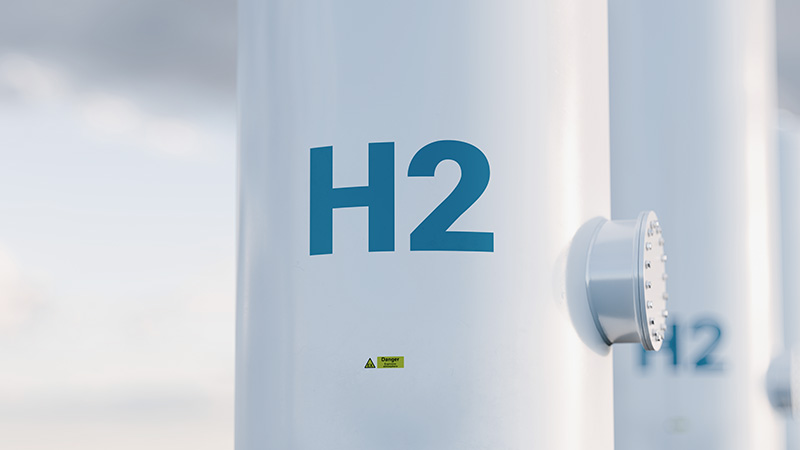
Related services
Tags
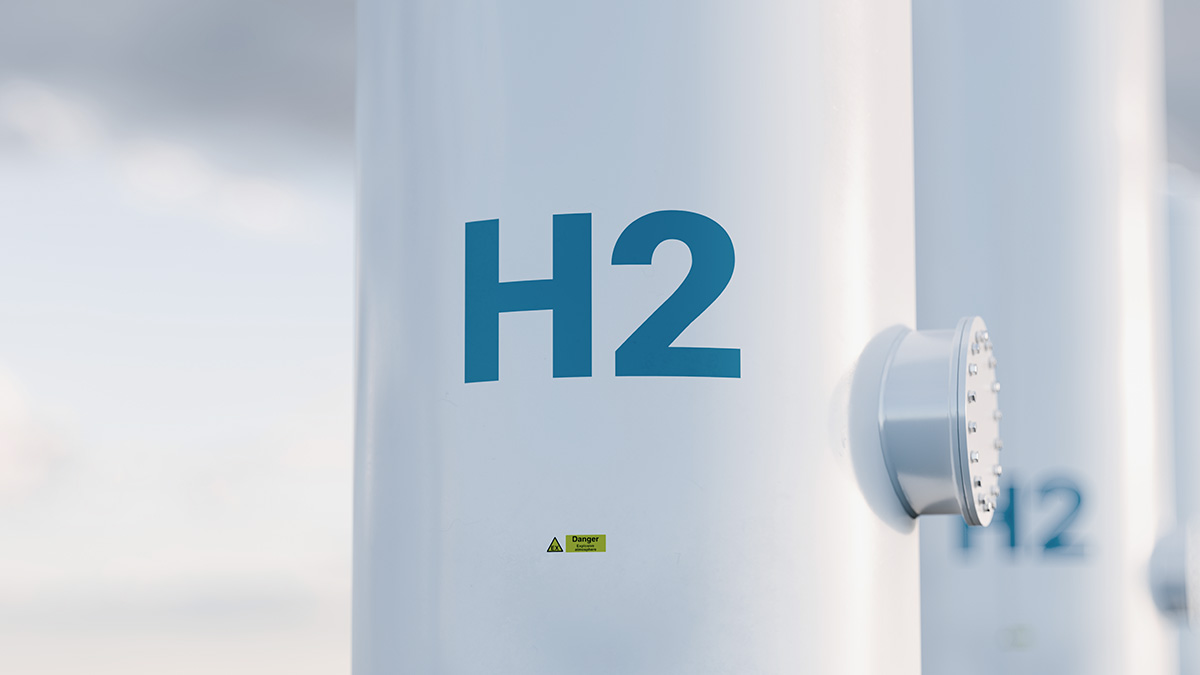
The legislation in force does not take the special characteristics of hydrogen projects into account in all respects, and new legislative initiatives or authority guidelines have not been issued yet. This is the first part of our two-part blog that discusses the different aspects of permits for hydrogen production.
Permitting a hydrogen production plant
A hydrogen production plant may require, for example, the following procedures and authority permits:
If a production plant is constructed, for example, on the same site with a carbon dioxide storage or if the plant will process hydrogen into methanol, methane or ammonia, these functions may affect the permit procedure of the project. Constructing a hydrogen production plant may in some cases also require other authority permits.
1. Environmental impact assessment procedure
First, a hydrogen production plant may require an environmental impact assessment procedure if the project is mentioned in Annex 1 of the Act on Environmental Impact Assessment Procedure, i.e. in the list of projects, or if the project is likely to have significant environmental impacts comparable in type and extent to those of the projects referred to in the Annex. A hydrogen production plant may require an environmental impact assessment procedure based on section 6 c) of the list of projects, which concerns integrated chemical installations for industrial scale manufacture of substances using chemical conversion processes and which are for the production of inorganic chemicals, among other things.
Pursuant to the Environmental Impact Assessment Directive, chemical conversion processes means a process with one or more chemical reactions and integrated chemical installations means an installation, in which several units are juxtaposed and are functionally linked to one another. Based on the section above, a hydrogen production plant that also produces methane, for example, could require an EIA procedure. The definition of industrial scale, on the other hand, is identical with the definition in the Industrial Emissions Directive. According to the European Commission’s guidelines on the interpretation of the Industrial Emissions Directive, for example, the nature of the product, the industrial character of the plant and machinery used, the production volume and the commercial purpose should be taken into account when determining the scale.
2. Environmental permit
A hydrogen production plant may also require an environmental permit because the production of hydrogen by chemical or biological processing on an industrial scale is subject to an environmental permit pursuant to Annex 1, table 1, section 4 a) of the Environmental Protection Act. When estimating the scale of the operations, aspects relating to the definition of industrial scale will be taken into consideration.
The environmental permit requirements for hydrogen production plants may change in the near future because the Industrial Emissions Directive, which the Environmental Protection Act is partially based on, is being reformed. In its negotiating position, the Council of the European Union has proposed that production of hydrogen via water electrolysis would only require an environmental permit if the daily production capacity exceeds 60 tonnes. After the European Parliament has formed its view on the reform of the Industrial Emissions Directive, the proposed directive will be negotiated between the institutions.
Pursuant to section 2 a 0f the Act on Processing Environmental and Water Matters in Regional State Administrative Agencies, environmental permit applications concerning the production and utilisation of hydrogen must be prioritised in the Regional State Administrative Agencies. Pursuant to section 197 a of the Environmental Protection Act, matters concerning the aforementioned applications must be processed as urgent. The provisions are in force for a fixed term. We discussed green transition projects in our blog post on 3 June 2022.
3. Chemical Permit
Hydrogen is a dangerous chemical referred to in the Act on Safety in Connection with Handling of Dangerous Chemicals and Explosive Products, and large-scale industrial handling and storage of hydrogen is only allowed with a permit granted by the Finnish Safety and Chemicals Agency. Even if the handling and storage of hydrogen is not considered large-scale, the operator is still obligated to submit a notice of minor-scale industrial and handling of a dangerous chemical.











